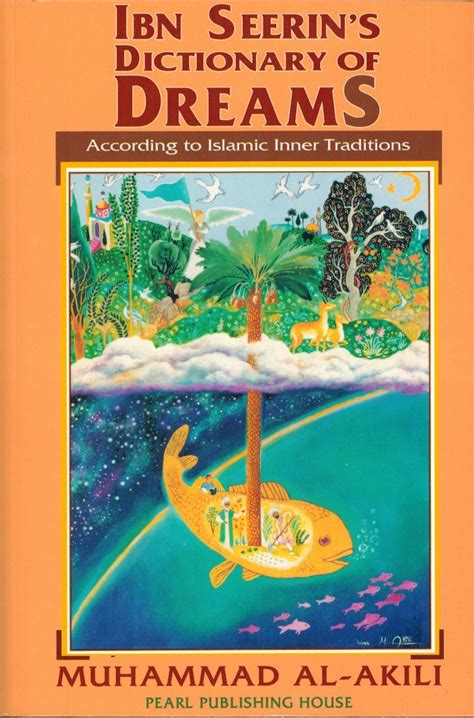A Quote by Thomas Brooks
Those sins that seem most sweet in life, will prove most bitter in death
Related Quotes
Preacher who says that the sweet life is made from bitter parts is more or less telling those who have come to mourn the teenage suicide that this is just one bitter ingredient in the sweet thing foreordained by the benevolent god. To which I want to shake my fist and say: There is not one sweet thing about it. It is only bitter.
Sweet is true love though given in vain, in vain;
And sweet is death who puts an end to pain:
I know not which is sweeter, no, not I.
Love, art thou sweet? then bitter death must be:
Love, thou art bitter; sweet is death to me.
O Love, if death be sweeter, let me die.
...
I fain would follow love, if that could be;
I needs must follow death, who calls for me;
Call and I follow, I follow! let me die.
Learn to love humility, for it will cover all your sins. All sins are repulsive before God, but the most repulsive of all is pride of the heart. Do not consider yourself learned and wise; otherwise, all your efforts will be destroyed, and your boat will reach the harbor empty. If you have great authority, do not threaten anyone with death. Know that, according to nature, you too are susceptible to death, and that every soul sheds its body as its final garment.
Love begets wisdom, thus it is, as often misconceived, more than vain layers of tenderness; it is inherently rational and comprehensive of the problem within the problem: for instance, envy is one of the most excused sins in the media of political correctness. Those you find most attractive, or seem to have it all, are often some of the most insecure at heart, and that is because people assume that they do not need anything but defamation.
It is easy to speak words of love, or to meditate lovingly upon those people with whom you are in harmony. But it is those people who seem most difficult, who may even seem hostile, that need your radiation of love most. Their very hostility is but their soul's cry for loving recognition. When you generate sufficient love to them, the discord will fade away.
People think first love is sweet, and never sweeter than when that first bond snaps. You've heard a thousand pop and country songs that prove the point; some fool got his heart broke. Yet that first broken heart is always the most painful, the slowest to mend, and leaves the most visible scar. What's so sweet about that?
Sweet is the rose, but grows upon a brere;
Sweet is the juniper, but sharp his bough;
Sweet is the eglantine, but stiketh nere;
Sweet is the firbloome, but its braunches rough;
Sweet is the cypress, but its rynd is tough;
Sweet is the nut, but bitter is his pill;
Sweet is the broome-flowre, but yet sowre enough;
And sweet is moly, but his root is ill.

































